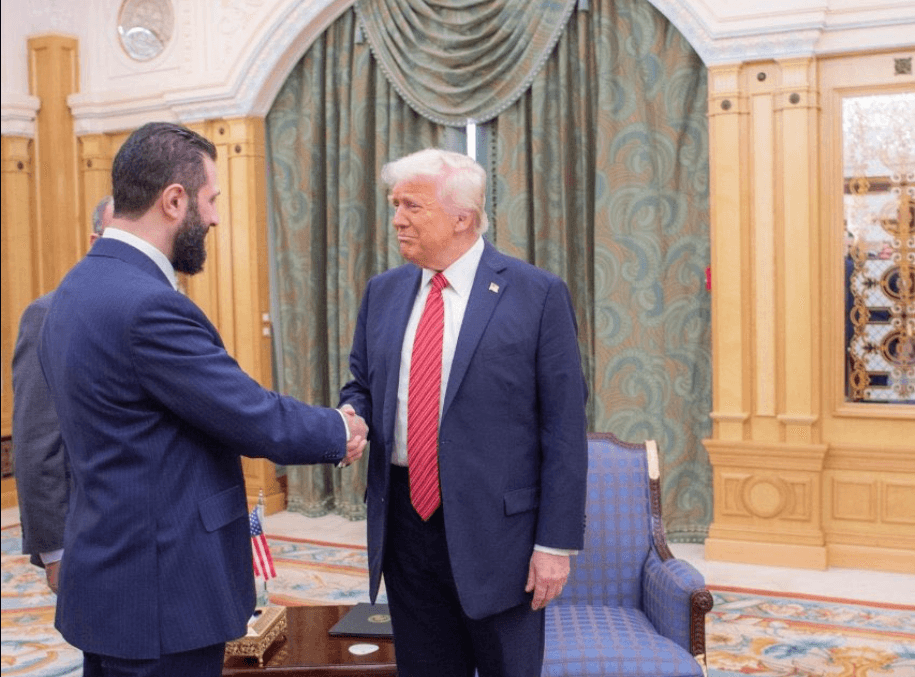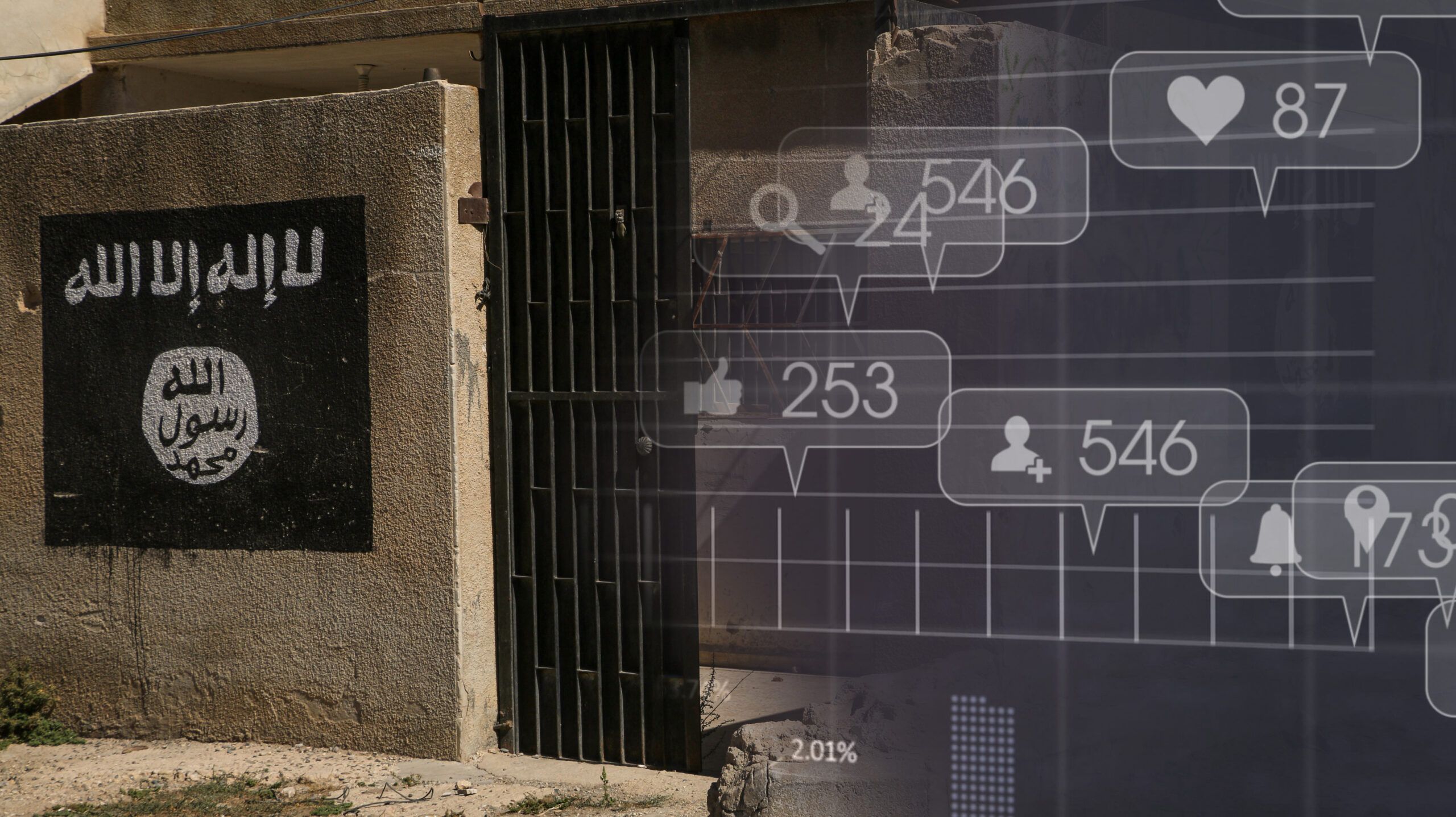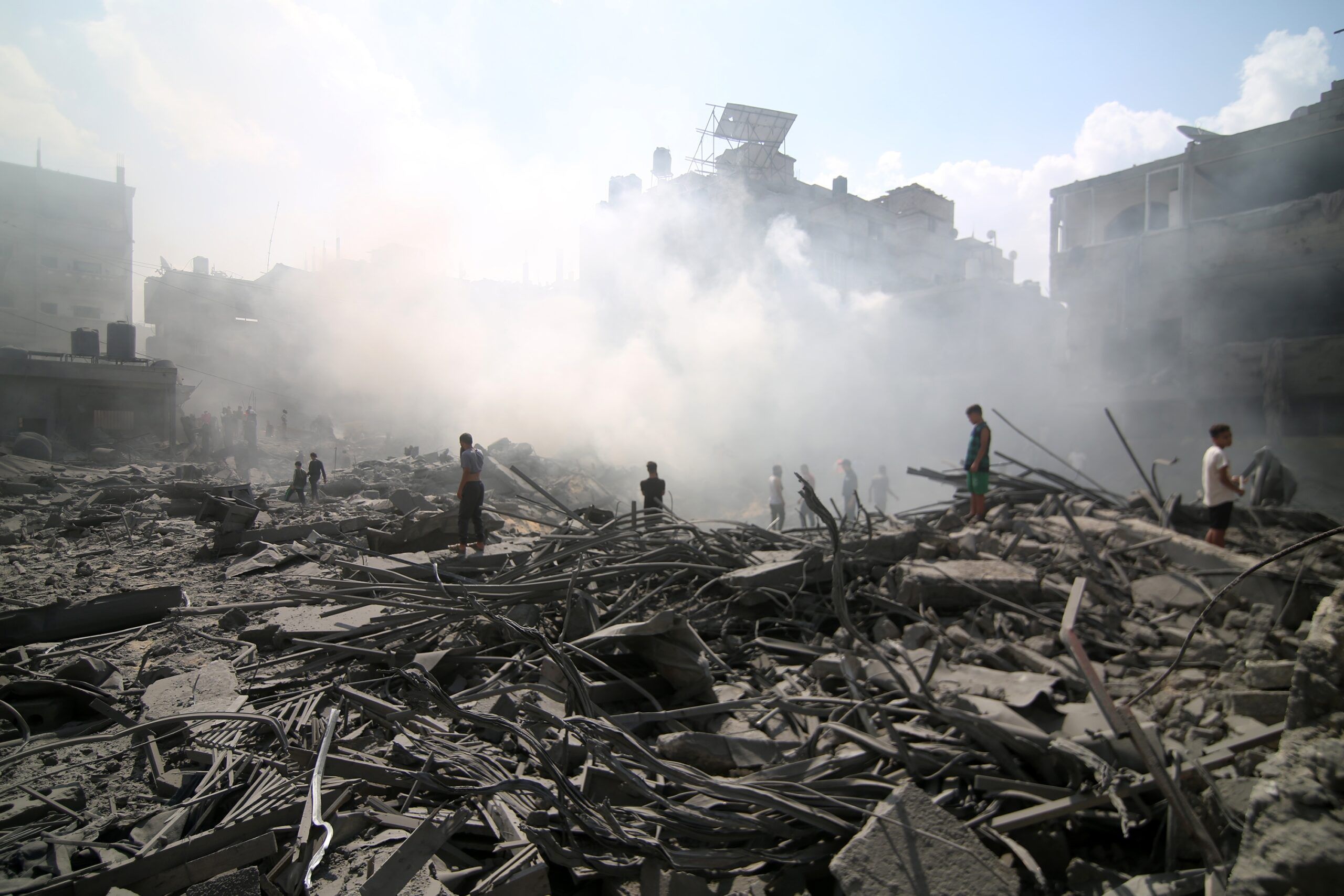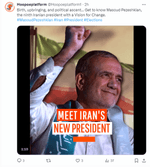Divided Reactions as Pezeshkian Secures Iran’s Presidency
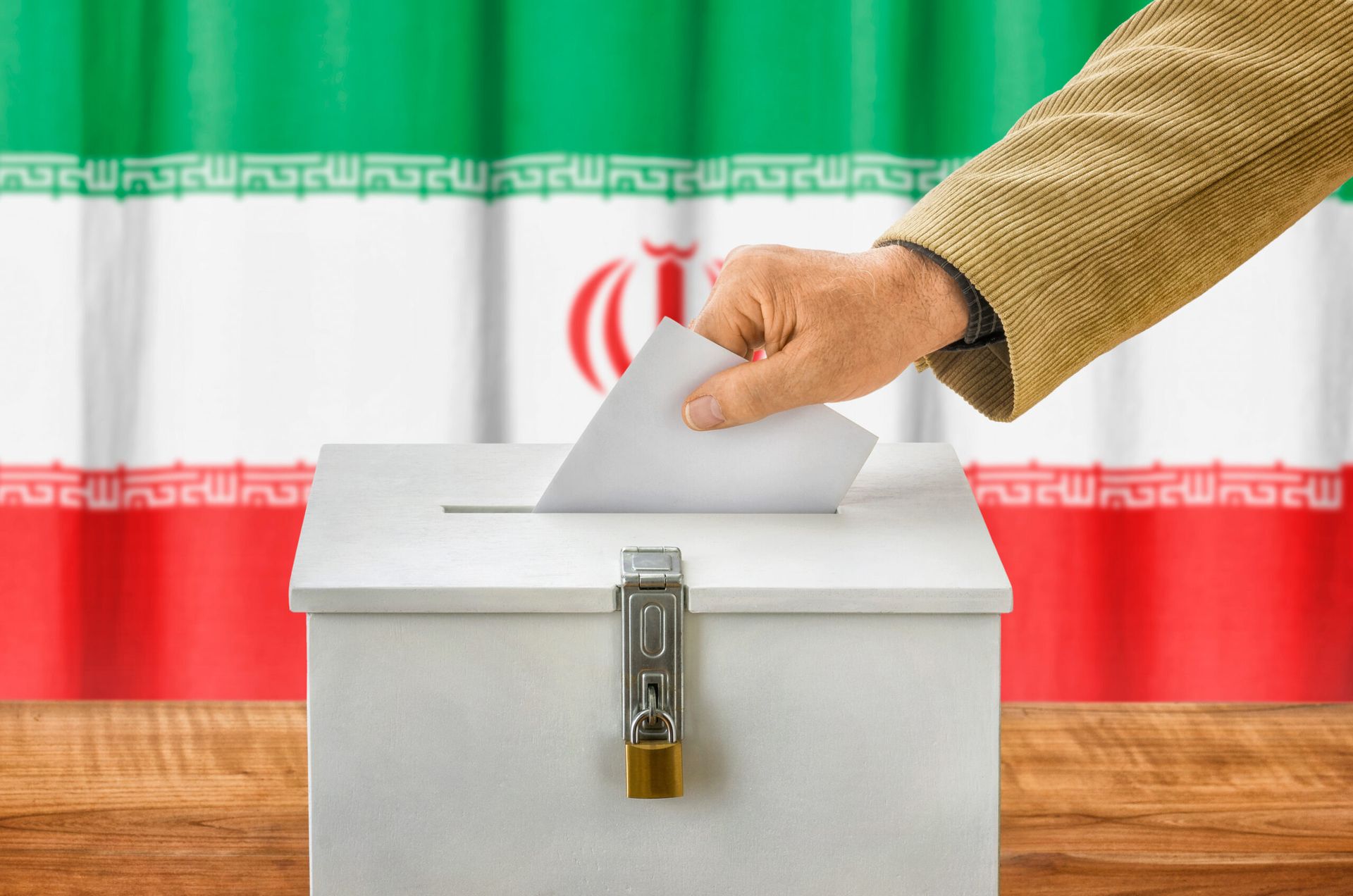
Overview
The 2024 Iranian presidential election took an unexpected turn following the sudden death of President Ebrahim Raisi in a helicopter crash on May 19. The election wrapped up with a runoff on July 5, featuring Masoud Pezeshkian, a reformist and former health official, and Saeed Jalili, a hardline former nuclear negotiator, as the main contenders. Pezeshkian won with over 16 million votes, while Jalili received 13.5 million.
Voter turnout was around 49.8%, a notable increase from the first round’s turnout of about 39.93%. Pezeshkian’s campaign focused on tackling economic issues, inflation, and poverty, pushing for the lifting of Western sanctions and a return to nuclear talks. On the other hand, Jalili took a tougher stance, criticizing the 2015 nuclear deal and advocating for a firmer approach against Western powers.
Pezeshkian’s win signals a shift from Raisi’s hardline policies to a more moderate and reformist approach. However, a lot of people in and outside Iran doubt if the “reformist” label is real and deserved by Pezeshkian. In this report, WNM will examine social media discussions to analyze the online discourse.
Reactions to Pezeshkian’s Victory
Support
Many Iranians, especially those aligned with the supreme leader and former president Raisi ideologies, have expressed optimism about Pezeshkian’s victory. The main expressions were about the continued course of the late president, wishes of the prosperity for Iran and their nation.
These comments were both in Farsi and English language, spread in the Social Media. WNM specifically looked for the words of support at pro-Iranian accounts’ comment sections, however, it was difficult to get anything from them.
Supporting accounts were also posting content also supported Palestinian resistance and Donald Trump’s policies.
Notably, the Russian Embassy in South Africa’s Twitter account referenced an ABC News article labeling the Iranian elections as “not free or fair,” implying bias against the non-US-sponsored candidate:
Russia has played a significant role in shaping the narrative around the Iranian elections. They have emphasized the reformist nature of the winning candidate, suggesting that the desire for change reflects the will of the Iranian people. This pro-BRICS account cited Russian newspapers and sources when discussing the election results:
Screenshot of the article associating Pezeshkian with the “Call for Change” quoting Russian sources. (Source: Think BRICS)
The public’s desire for change and new policies became a central theme in the promotion of the candidate.
A tweet showing support for the “change” narrative. (Source: X)
Opposition
There is considerable skepticism regarding Pezeshkian’s capacity to effect meaningful change. Critics argue that the entrenched power dynamics in Iran, dominated by the Supreme Leader and conservative factions, will constrain his ability to push for substantial reforms. Concerns also persist that Pezeshkian may have to align closely with the Supreme Leader’s policies, limiting his reformist agenda.
The primary narrative in anti-election posts centered on allegations of fraud, asserting that the Iranian elections could not be free or fair due to the nature of the regime. These posts described the elections as a “sham” and an “election circus,” and labeled Pezeshkian as a “puppet.” The hashtags commonly used in these posts were:
#ElectionCircus, #10PercentRegime, #BoycotteIranShamElections ,#FreeIran2024, #MaryamRajavi4FreeIran, #KingRezaPahlavi, #RegimeChange
Anti-election rhetoric often gravitates towards figures like Maryam Rajavi (President-elect of the National Council of Resistance of Iran) and Reza Pahlavi (often referred to as the Crown Prince of Iran). Both are prominent advocates for human rights in Iran and vocal opponents of the Iranian government. Criticism tweets frequently mention their names, suggesting they are the rightful leaders chosen by the public to lead Iran:
Tweet that brings up the problem of the people will in Iran and blames Western countries for not cooperating. (Source: X)
The narrative also included criticism of Western media for labeling the new president as a reformist, arguing that this portrayal legitimizes both the elections and the Iranian regime. Critics contended that such descriptions undermine the true nature of the elections and the ongoing struggle for genuine reform in Iran.
A tweet that argues with media headlines, calling not to legitimize the Iranian elections by referring to them as fair or reformist. (Source: X)
Another tweet, replying to Economic Times, echoed this sentiment, using the hashtag #10PercentRegime. It suggested that the elections were illegitimate and pointed out the widespread boycott by the Iranian population. (Source: X)
One of the main sources for public opinions and agendas is, surprisingly, the X account of Ali Khamenei, the Supreme Leader of Iran. WNM used the comment sections on his English and Farsi language accounts to research public reactions to Raisi’s death in May 2024. Uncensored and unrestricted, the comments often address the Supreme Leader directly, sometimes with very critical messages:
Replies to Khamenei’s tweet talking about elections and propaganda in Iran. (Source: X)
His Farsi language account is also subject to heavy criticism from the Farsi-speaking audience:
Tweet in Farsi saying: “The source of dignity and elevation is the increase of civil, educational, and ideological capabilities. It is the people from whom you want votes. By killing and exiling elites, and taking capital and jobs away from the youth and experts, for the sake of power, killing, executions, and imprisonment, you do not gain political capital and dignity. You do not create trust. Please wake up and come to your senses.” in response to Khamenei’s tweet that says: “#Participation_of_the_people in the elections is a support for the #Islamic_Republic system. It is a source of dignity and elevation.” (Source: X)
#No_to_the_Islamic_Republic
#Return_of_the_Pahlavi_Monarchy”. (Source: X)
The polarized public reaction, reflected in both support and criticism, underscores the deep divisions within Iranian society and the broader international community’s view on Iran’s political landscape. As Pezeshkian takes office, the global community will be watching closely to see if his presidency can truly bring about the promised changes or if it will succumb to the prevailing status quo.
More from the author
